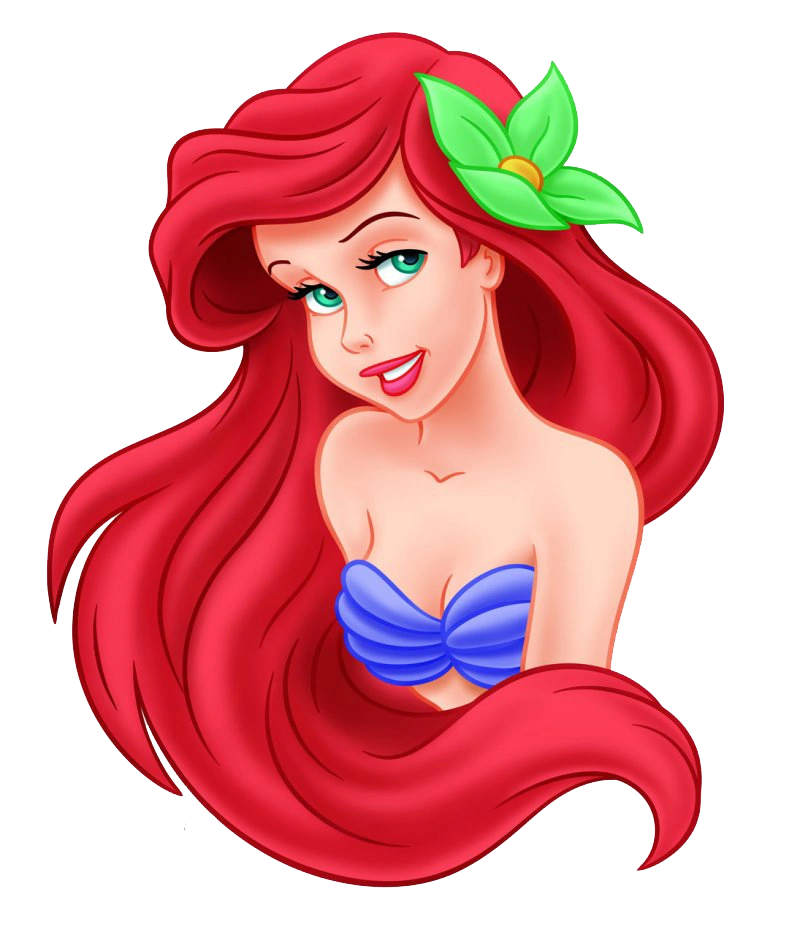I am confused by this. Laziness? Really? Men have an average of 1.9 m2 of skin, as opposed to women's 1.6 m2; thus it should be _quicker_ if anything to draw a female character, especially an underweight teenager, even if you do take up a little of the difference with attractively displayed cleavage:

Maybe it's not the drawing that's more difficult - maybe it's really hard to find unemployed young female actors in Hollywood to do the voices.... Um, not. Or maybe, just maybe, whoever is making the artistic decisions at Disney is walking around with a special helmet strapped to his head which filters out the voices of all women, and the appearance of all women other than anorexic pretty teenage girls, such that they believe themselves to be living in a world mostly populated by other men and voiceless teen girls, and gosh, yes, it would take a lot of work to remove that helmet and recognize that the world is actually populated half by women (!), many of whom are not anorexic pretty teenagers but who are nonetheless doing interesting and valuable things.
Which gets to another beef I have with Disney princesses, besides the fact that they don't get to say quite enough (although interestingly, all except Aladdin pass the Bechdel test): why are they all teenagers? I have done some poking around the Internet and this doesn't seem to be something that has caused that much comment in the blogosphere, but it seems obvious to me that if you are making films for children, that they should be _about_ children. So, why are all the princesses physically developed adolescents rather than straight-up girls? Obvious answer: so that you can sexualize them. This is presumably more fun and titillating for any heterosexual males involved in the process of making Disney films (boobs are always more fun than no boobs, right?), plus you don't have to do any hard thinking about what to have as a happy ending ("I know! A handsome prince can fall in love with her! Our work here is done. Let's go for coffee.") Happy endings for bona fide kids, I suspect, would be much more interesting and varied; my daughter's goal for this kindergarten year, for instance, is to meet a unicorn; a classmate would like to be a panda wrapped in a taco - and I do see that finding a happy ending that all small children could unilaterally agree was awesome might be difficult. Surely, however, some compromise could be found - a taco party with pandas and unicorns? Disney, make that movie, and I will promise to take my kid to it.
Here's my totally predictable feminist-rant theory: the conspiracy to make girls feel ugly and incomplete without a male, and to be willing to submit to dominant male voices in their lives, has to start early in order to get it really stuck in their psyches, because if it's not really truly entrenched in their little brains before they hit sexual awakening, then you might not be able to make quite so many squillions of dollars down the line selling them eye-liner, push-up bras, botox, boob jobs, magazines advertising 10 best blow-job tips, wedding catering services, and diet pills. I'm open to other theories, but until I hear a more convincing one, or until Disney starts making movies that are better for girls, our house is going to stay a no-princess zone.

1 comment:
yes!!!
Post a Comment